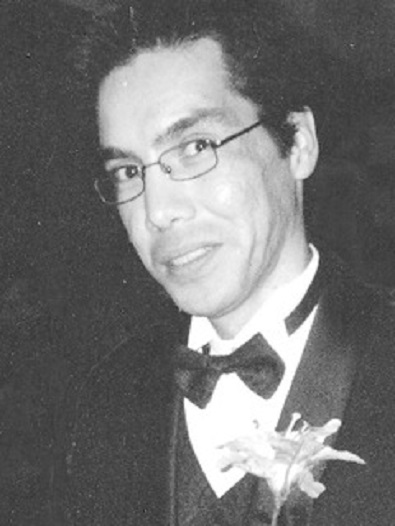A photo used in Dion Head’s obituary. Photo courtesy yourlifemoments.ca
Two fall trials for the beating death of Red Earth Cree Nation’s Dion Head have been cancelled, as the two accused have both entered guilty pleas to manslaughter.
Ernest McKay, 22, and a male youth were initially charged with murder in the July 2015 death of Head, who was 42 at the time, but entered pleas to manslaughter and were sentenced earlier this year.
McKay received a life sentence with no parole for seven years, which is “significant,” said Crown prosecutor Tom Healey, and is the main reason he and defence were able to come to a joint submission in the case. The youth, who cannot be named under the Youth Criminal Justice Act, received the maximum youth sentence of seven years with four of those to be served in intensive custody and three to be served in the community.
The agreed statement of facts in the case is grisly, and recounts Head drinking with the youth and McKay at his home before McKay and Head got into an argument. The facts state that, unprovoked, McKay sucker punched Head and knocked him out, then dragged him to his bedroom before beating him further. One of the two offenders then grabbed a mallet and Ernest beat his head and upper body, “stopping to rest only when he was tired,” the facts state, with the youth joining in later.
“At no time did Dion regain consciousness after initially being knocked unconscious by Ernest,” the facts state, and rather than calling for medical attention, the two offenders instead used shampoo and towels to try to clean Head and then stole a total of $15 cash and a few buckets of home brew before leaving.
Healey said alcohol was a significant factor in the killing. Neither McKay or the youth were granted bail before the sentencing.
At the first court appearance for the offenders, Head’s aunt Charlene said Dion was a quiet, friendly man who kept to himself. Charlene was joined by well over a dozen people who sobbed openly at that first appearance, and said addiction is a troubling issue in her community.
Healing is needed for all those involved, but the issue of funding to deal with the social issues on the First Nation hurts that process, Charlene said at that time.
“Sure they’ll do their time, the process will go, justice will be served. But what about the after? What about the ones that are in jail right now? What do we do with them? They’re hurting too and there’s family at home hurting.”
